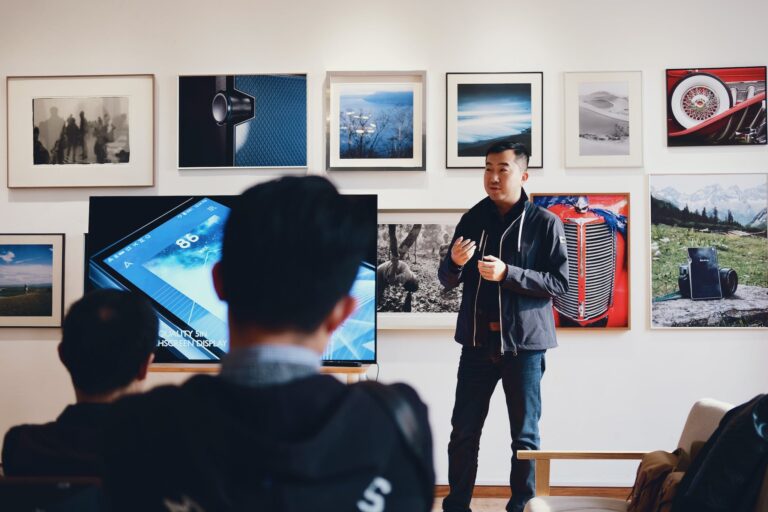Conference Downloads
These are slides for Digital Pedagogies 2025 participants.
Library //
These are slides for Digital Pedagogies 2025 participants.

Very often, yes. With an untenable workload, educators have to prioritize. Those priorities can reflect both the ableist values of the institution and the precarity many educators feel. The development of accessible practices within HE relies on faculty and other staff having the knowledge and skills necessary to change and improve what they do; therefore,…

The ad hoc accommodations model renders learners an inconvenience.
Typically, a learner is responsible for informing the educator at the start of term, if they have been granted academic accommodations.

Presentation assessments can make a lot of learners nervous. They be made more accessible to all learners when learners choose what ICT and presentation format will work best for them.

Not all learners are able to meaningfully engage with all forms of ICT. Educators can inadvertently create disabling assessment requirements by specifying novel ICT or putting limits on how a learner can operate an ICT.